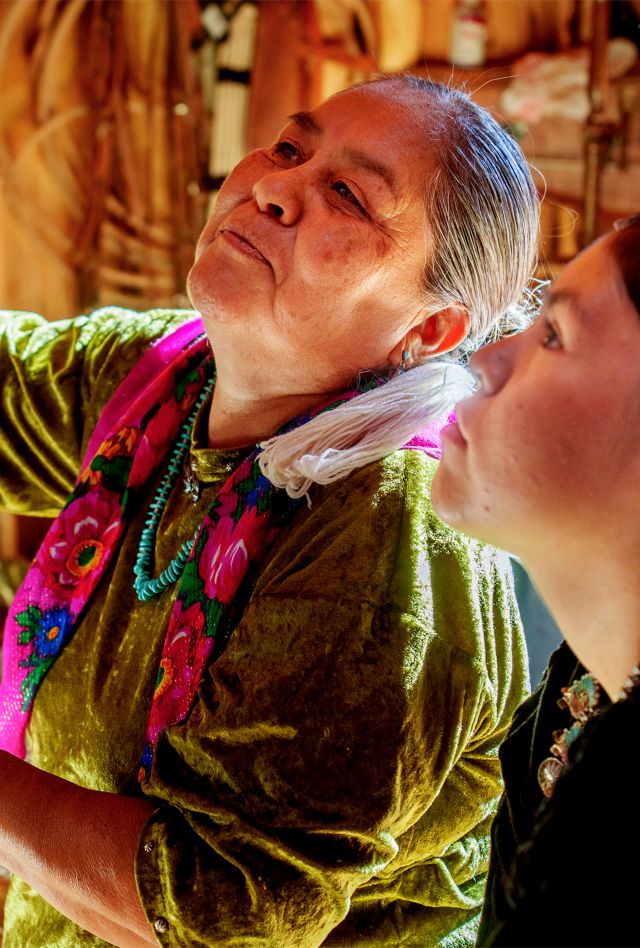Tribal TANF & Child Welfare Services Coordination Study

Challenge
The ACF needed data on the outcomes and impact of a tribal grant program.
To strengthen tribal families and address factors for child abuse and neglect, the Administration for Children and Families (ACF) Office of Family Assistance awarded grants to 14 tribes and tribal organizations to coordinate tribal Temporary Assistance for Needy Families (TANF) and child welfare (CW) services. The grantees provided coordinated services to improve case management, provide support services to tribal children in out-of-home services, and provide prevention services to tribal families. Grantees also agreed to participate in a descriptive study to assess the implementation outcomes of their grant-funded programs.
Solution
NORC and partners studied grantee programming using a relational approach.
NORC worked closely with the Center for American Indian and Alaska Native Health at the University of Colorado, Denver, and James Bell Associates–which led the project–and the 14 grantees themselves to document how they were creating and adapting contextually relevant and appropriate approaches, programs, and systems to increase coordination and enhance the delivery of services.
Borrowing from the participatory research approach, the project team established research partnerships with the grantees to collaboratively build the knowledge base. Data collection involved annual grantee site visits to interview tribal leaders, elders, program staff, TANF and CW staff and supervisors, and community partners. These visits included observation of interventions and document reviews. In addition, grantees reviewed and commented on materials and products. Project staff also provided evaluation technical assistance to the grantees.
Result
Practitioners, policymakers, and ACF have new insights into grantee successes and challenges.
The relational research approach successfully established trusting and positive working relationships needed to collect and synthesize data and understand each grantee’s strategy. Notably, the project team found that Tribal TANF-Child Welfare grants supported the development of new tribal and non-tribal relationships and resources. Coordinated services focused on parenting education and family violence prevention, with a growing emphasis on prevention. As part of the in-depth research approach, the project team identified program facilitators—including grant flexibility and committed leaders, staff, and partners—and challenges, such as the complex needs of families and limited community resources to address them.
By the end of the grant, some grantees had integrated elements of their projects into other tribal programs, co-located staff, established policies and procedures to sustain practices, and established partnerships with other agencies to maintain key services. However, many grantees continued to rely on grant funding and did not have formal structures in place to sustain their projects.
Overall, grantees made substantial progress in implementing system-level changes to improve coordination and collaboration.







